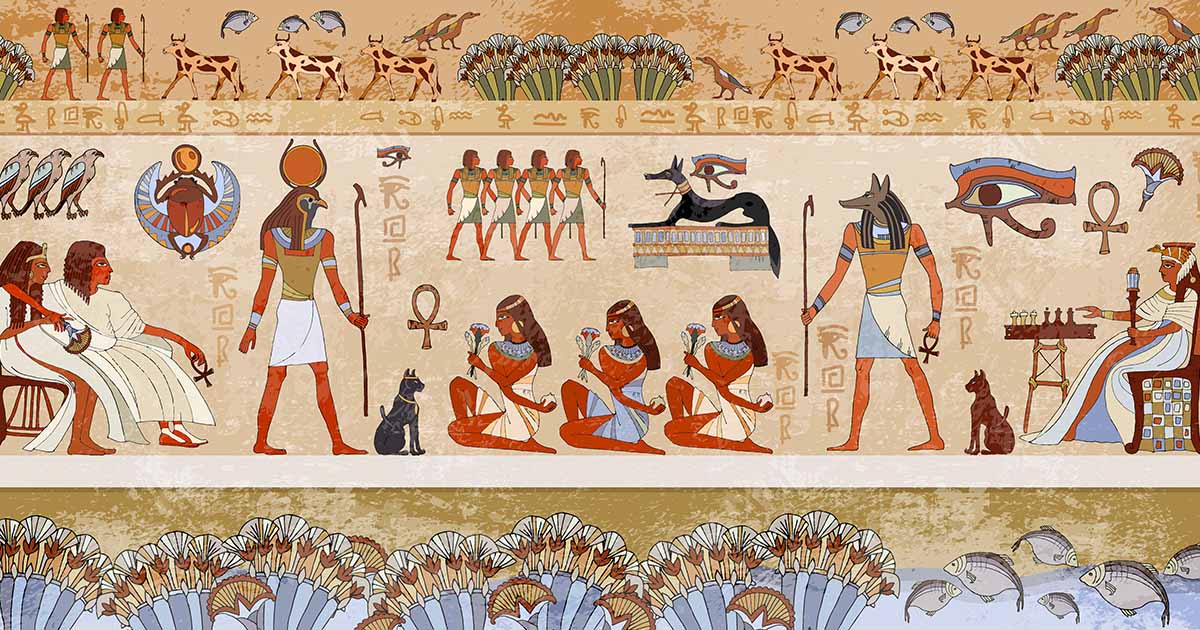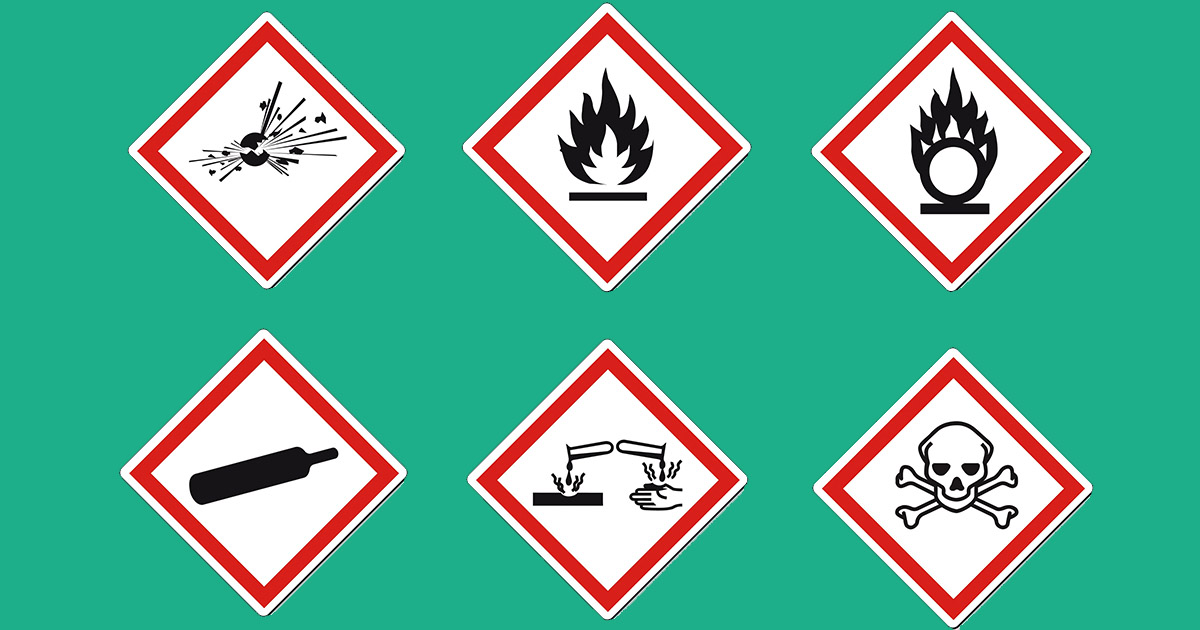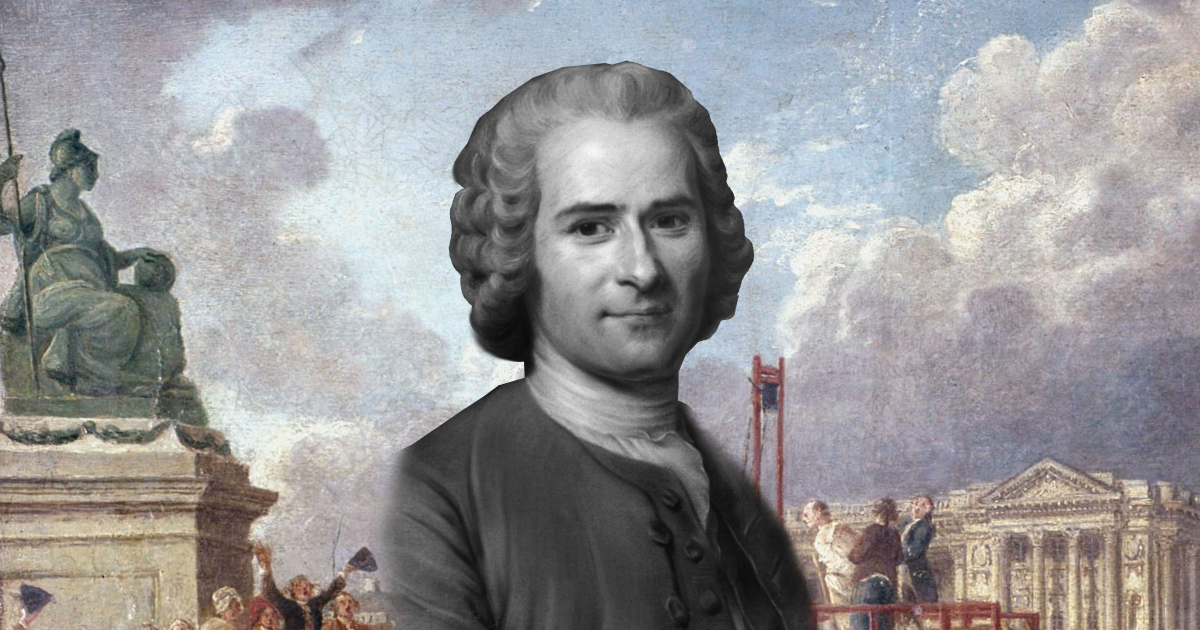Honoring a Life: The Significance and Traditions of Funerals
Funerals are solemn ceremonies held to commemorate and honor the life of a loved one who has passed away. This article explores the significance and traditions associated with funerals. While customs may vary across cultures and religions, the fundamental purpose remains the same: to provide a meaningful and respectful farewell to the deceased and to support grieving family and friends.
Importance of Funerals : Funerals play a vital role in the grieving process and offer numerous benefits to those left behind. They provide an opportunity for family and friends to gather, share memories, express emotions, and find comfort in each other’s presence. Funerals offer a sense of closure and allow mourners to begin the healing process. They provide a space for individuals to pay their last respects, celebrate the life lived, and say their final goodbyes.
Funeral Traditions and Customs (approx. 500 words): Funeral customs vary significantly across cultures, religions, and personal preferences. Some common traditions include:Rituals and Ceremonies: Funeral ceremonies often involve specific rituals, prayers, or religious customs. These may include readings from sacred texts, eulogies, hymns, or chants. The rituals are designed to honor the deceased and offer solace to the bereaved.Viewing and Wake: In many cultures, an open casket or viewing is held to allow mourners to see the deceased one last time. Wakes or visitations are gatherings where friends and family come together to offer condolences and support to the grieving family.Funeral Service: The funeral service typically takes place at a designated location such as a place of worship, funeral home, or graveside. It may be conducted by religious leaders, funeral celebrants, or family members. The service often includes prayers, readings, music, and eulogies that reflect the life and personality of the deceased.Burial or Cremation: The disposition of the body varies depending on cultural and religious practices. Burial in a cemetery is common, while cremation is increasingly chosen by some. Burial ceremonies may involve rituals, prayers, and the lowering of the casket into the grave. Cremation ceremonies may include the placement of the urn in a memorial niche or scattering the ashes in a meaningful location.Memorial Services: In addition to or instead of a traditional funeral service, some families opt for memorial services held after the burial or cremation. These events focus on celebrating the life of the deceased and often involve storytelling, sharing memories, and highlighting their achievements and impact.Post-Funeral Gatherings: Following the funeral, many cultures have a tradition of gathering for a meal or reception. This allows family and friends to further support one another and share stories and memories of the deceased. These gatherings promote healing and strengthen social connections. Click here
newrestfunerals.co.uk is a website that provides funeral services in the United Kingdom
Funerals are significant events that provide an opportunity to honor and remember those who have passed away. They serve as a vital part of the grieving process and offer comfort and support to the bereaved. While funeral traditions may vary, the underlying purpose remains constant—to pay tribute to the life lived, offer solace to the grieving, and find closure. Through the rituals, ceremonies, and gatherings associated with funerals, we come together as a community to celebrate and remember the legacy of those we have lost.







